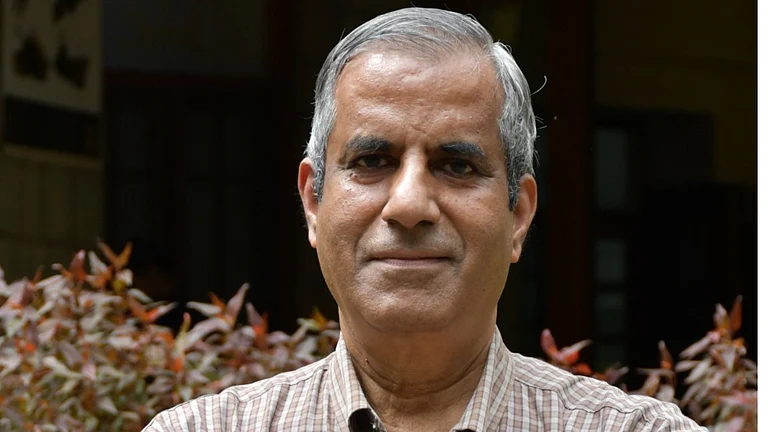Negotiators have united in Busan, South Korea this week to address the global crisis of plastic pollution. Led by Norway and Rwanda, 66 countries plus the European Union claim that they want to address the total amount of plastic on Earth by controlling its design, production, consumption and disposal.
“We must end plastic pollution before plastic pollution ends us,” Kim Wan-sup, South Korea’s Minister of environment, said during the opening session on Monday.
Several countries are aiming for constituting an ambitious agreement that addresses growth in the production of plastics, mostly coming from fossil fuels. However, oil and plastic-producing countries and companies want the agreement to focus more on recycling measures, even though less than 10 per cent of the 400 million tonnes of plastic produced every year is currently recycled, according to the United Nations Environment Programme.
The plastics lifecycle is intricately linked to climate change, as most primary plastics are fossil-fuel based. Fossil fuel extraction, plastics production and conversion contribute 90 per cent of quantifiable plastics-related GHG emissions. Significant GHG emissions also arise from the end-of-life stage.
Read More: Fight Against Plastic Pollution
Why Do We Need Global Plastics Treaty?
In 2022, 175 nations agreed to begin the drafting process for a Global Plastics Treaty, recognising the pressing need to address the growing plastic pollution crisis.
Over the decades, plastic production has constantly increased, but recycling efforts have not kept up. By 2015, only nine percent of all plastic waste ever produced had been recycled. This mismatch between production and recycling has led to a massive accumulation of plastic waste in the environment.
To tackle the leakage of plastic into the environment, significant investment is needed, particularly to support efforts in developing countries. New strategies will be required to close the investment gap, including better global distribution of existing resources, aligning these resources with the specific needs of each country, and increasing private sector involvement.
Currently, around 19 million tonnes of plastic enter the natural environment each year, posing severe risks to wildlife, often with fatal consequences. Without more effective action, this problem will only worsen.
Furthermore, plastic production is expected to double or even triple by 2040. This alarming growth could consume about a quarter of the remaining carbon budget needed to limit global warming to 1.5°C, making it a critical factor in the fight against climate change.































